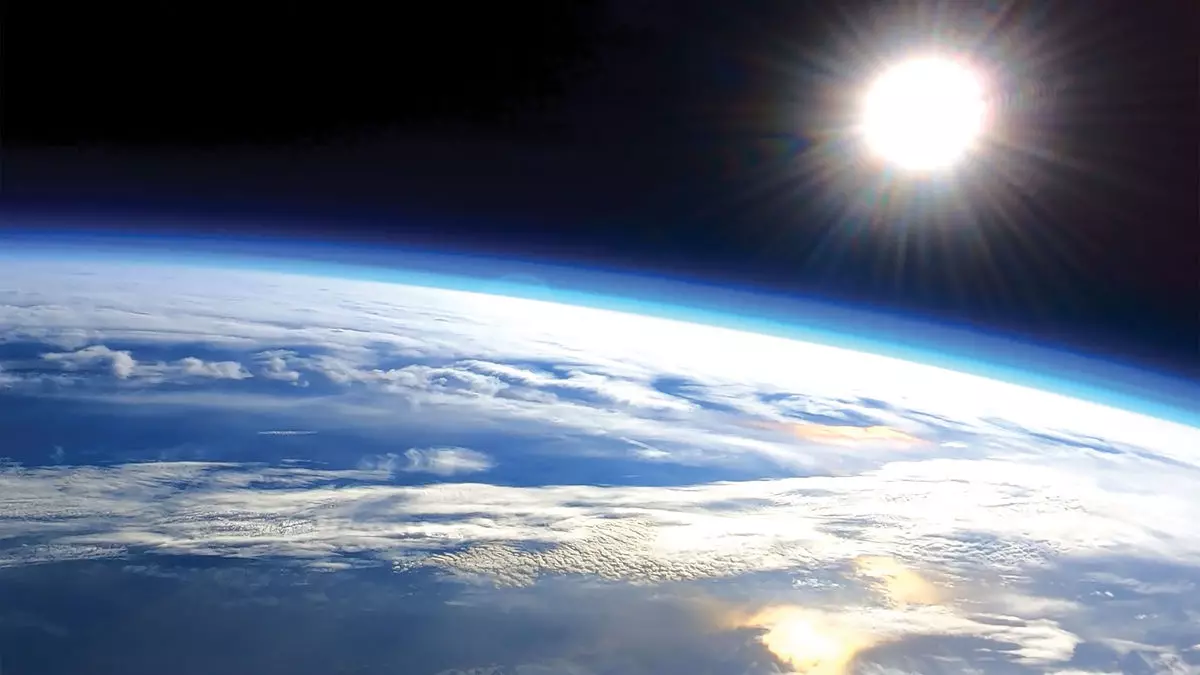As we stand on the precipice of a new era in human exploration, the dream of venturing beyond Earth is inching closer to reality for a wider audience. Historically, space travel has been the domain of astronauts training for years in rigorous programs or celebrities making headlines with extravagant ticket prices. However, the tides are shifting. Renowned futurist Jane Fu suggests that technological advancements, increased regulatory collaboration, and the development of necessary infrastructure will propel space tourism into a more accessible sphere by the early to mid-2030s. This impending transformation will invite not only wealthy thrill-seekers but scientists, educators, and artists to participate in this groundbreaking adventure.
The Parallels to Early Aviation
Fu draws an intriguing comparison between the burgeoning space tourism industry and the formative years of aviation, which initially catered to an elite few. Just as early planes transformed from luxury items to practical modes of transport, space travel, too, is expected to evolve similarly. By the 2040s, we might witness partnerships between governments and private companies that democratize space access through educational programs and sponsorships. If this trajectory holds, space could become as commonplace as air travel, radically changing our relationship with the cosmos.
Driving Down Costs Through Innovation
The key to unlocking the heavens lies in innovation, particularly in the reuse of space travel components. Industry leaders like Blue Origin are already pioneering reusable rockets, which significantly reduce both waste and costs. By streamlining vehicle design, flight organizations can lower ticket prices, making space travel feasible for more individuals. This rapid advancement may also lead to a faster pace of launches, creating a more cosmopolitan atmosphere in space tourism where experiences can be tailored to the desires of a broader audience.
Earthbound Alternatives for the Aspiring Astronaut
While full-fledged space travel may still be out of reach for many, there are thrilling alternatives that harness the excitement of a cosmic adventure here on Earth. Companies such as Pelorus offer astronaut training programs in Iceland, where participants can experience mentally and physically demanding activities that simulate space conditions, including unique underwater exercises. Also on the horizon are zero-gravity flights, which allow individuals to float in a zero-G environment—a tantalizing taste of what it feels like to be weightless in orbit.
The Virtual Frontier: Space Experience Innovations
As technology progresses, virtual reality is emerging as another brilliant medium to engage the imagination of aspiring space travelers. Companies like Orbite are developing advanced simulations that allow users to partake in astronaut-like experiences from the comfort of their homes. Similarly, institutions such as the National Aerospace Training and Research Center are creating hands-on programs that bring the thrill of spaceflight down to earth, bridging the gap between aspiration and reality with tangible experiences.
The transformation of space tourism from an elite venture to a more inclusive journey is not just a dream; it’s an optimistic outlook fueled by technological and social progress. The cosmos beckons, and with it comes the promise of new adventures and possibilities.


Leave a Reply